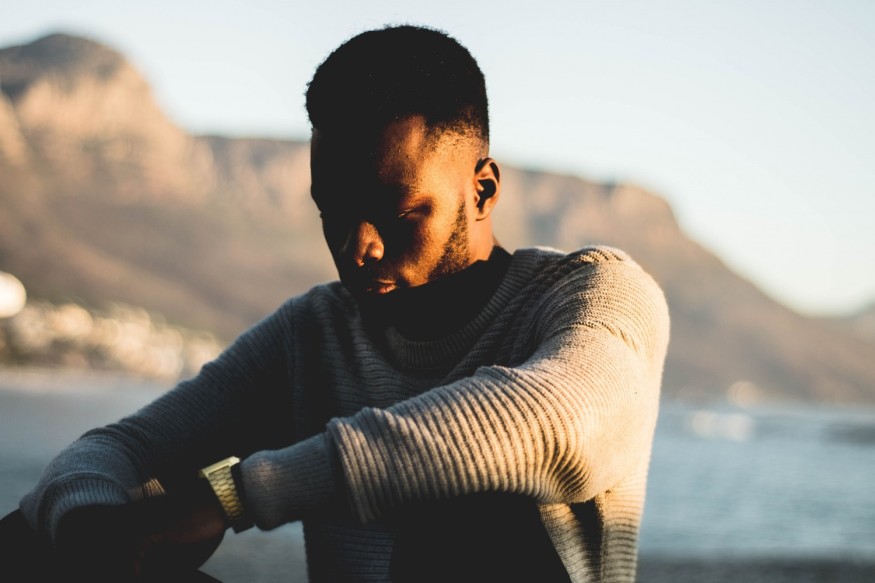Mental Health Needs of Latino Communities in Philadelphia Exposed by the Pandemic

The global pandemic has exposed the mental health needs within Philadelphia's Latino and black communities.
During the past weeks of this worldwide health crisis, Latin Americans, including African Americans, have risen as the group most unreasonably hit by COVID-19, as many of them have continued as workers in essential businesses the while the fatal illness infected thousands of citizens in the city across the nation.
According to a study, just 16 percent of Latin Americans were able to work from home. At the same time, most of them were employed in the service and retail industries, exposing them all the more to infections and suffering joblessness due to shutdowns.
Consequently, medical practitioners and leaders of communities are apprehensive about what those impacts may have on the mental health of Latinos, specifically in a city frequently missing access to resources because of cultural and language differences.
Latino Communities' Access to Behavioral Health Services
According to behavioral health platform NeuroFlow's medical adviser, Michael Consuelo, in communities of Latinos, such as in other communities of color, there are continuous gaps in people who can access behavioral health services.
More so, he continued, there are not as many providers in the community, not to mention, "There are unrelenting issues around stigma, too."
Also, according to Consuelo, the COVID-19 crisis has developed twofold issues from Latino Communities: One, he said is that, Latinos are suffering from anxiety from losing their job or Earnings. The other is that they get "into harm's way."
Things that were quite challenging already even before the pandemic, the medical adviser added, are a hundred-percent more difficult at present.
For a lot of linguistic minorities, more particularly Latinos, access to resources referring to substance abuse or mental health is already lacking or inadequate. This was according to Massachusetts General Hospital's chief of the disparities research unit, Margarita Alegria.
Also, a Harvard Medical School psychiatry professor, Alegria, said that, presently, the lockdown or isolation, apprehension about the future, and economic hesitation are all amplifying "the sense of catastrophe."
She added that it is known as well that severe mental distress occurs in underinsured communities amid this public health crisis, and Latinos, she continued, belong to the group "with the highest rates of uninsured."
Support Group for Mental Health Needs
Before COVID-19 came, La Puerta Abierta executive director and founder, Cathi Tillman she is already all tied up fulfilling her duties as such.
La Puerta is a nonprofit organization that offers mental health support that's focused on trauma-informed and culturally sensitive assistance. It also provides support to the expatriate population in Philadelphia.
As part of her responsibilities, Tillman spent her days as well, conducting training for mental health providers so they can better serve groups and communities, and assist undocumented families.
When COVID-19 hit Philadelphia, it instantaneously impacted communities Tillman is working with. Specifically, she said, those who were supporting themselves before to some degree now can no longer do so.
"They have lost their jobs," she explained, and they cannot gather socially or go to places of worship, which is a significant part of the community for most members.
In connection to this, several studies have presented that joblessness and economic downturn are connected to "worse mental health results."
Additionally, a study conducted in 2012 after the Great Recession presented that those who were jobless for longer than one year had a considerably worse mental condition, "compared to those who are "voluntarily out of the labor force."
Check these out!
Subscribe to Latin Post!
Sign up for our free newsletter for the Latest coverage!

















